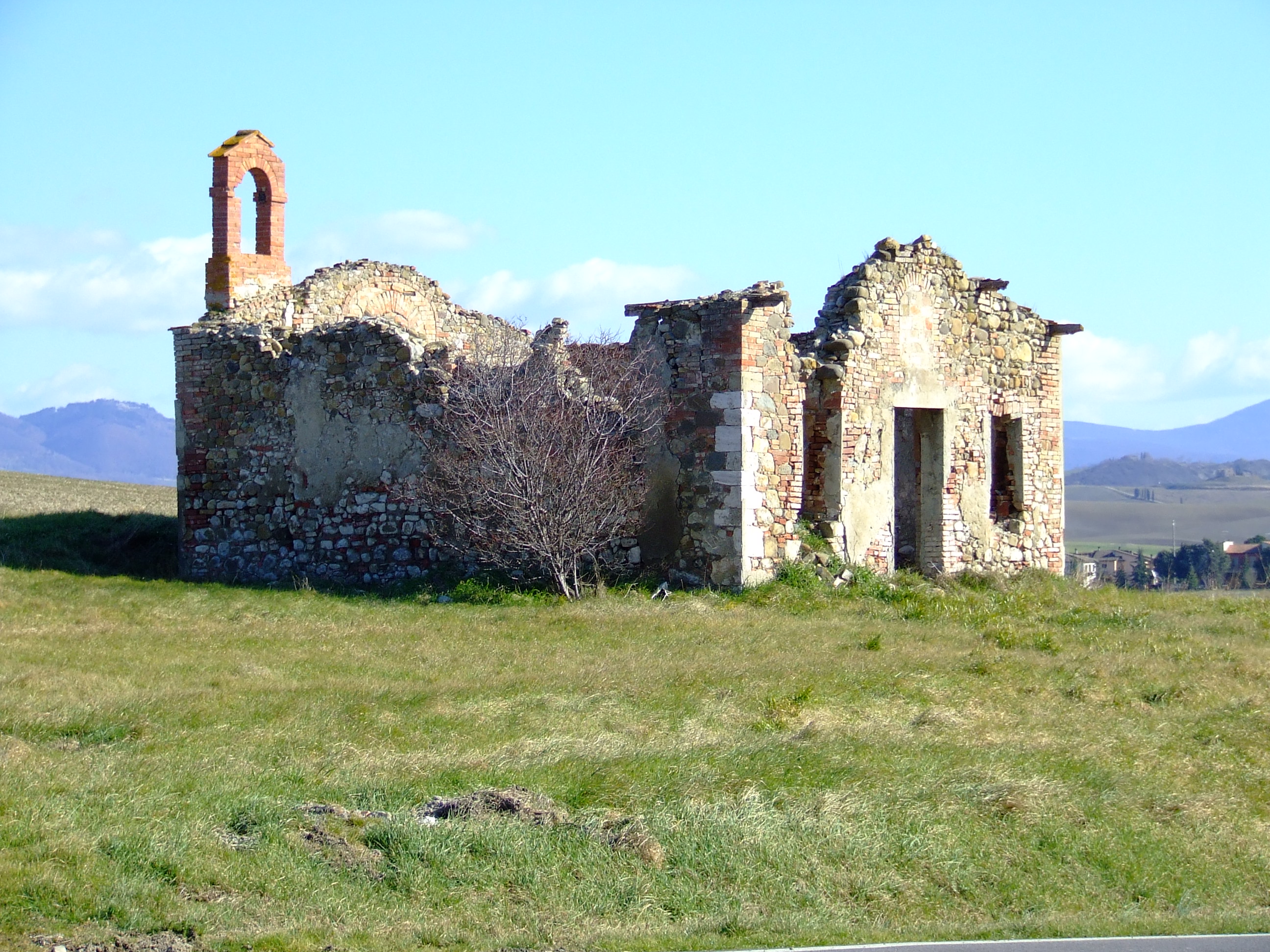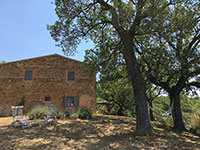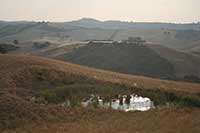| La Val d`Orcia | Galleria fotografica |
| La Toscana ospita sei siti dichiarati dall`UNESCO patrimonio dell`umanità: il centro storico di Firenze, il centro storico di Siena, la piazza del Duomo di Pisa, il centro storico di San Gimignano, il centro storico di Pienza e la Val d`Orcia.
|
Mappa Val d'Orcia | Ingrandire mappa
|
|
Galleria fotografica Val d'Orcia
|
||||
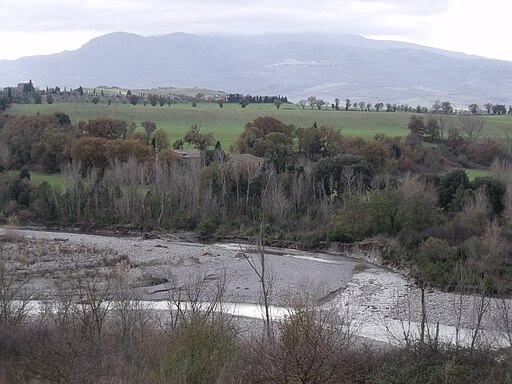 |
 |
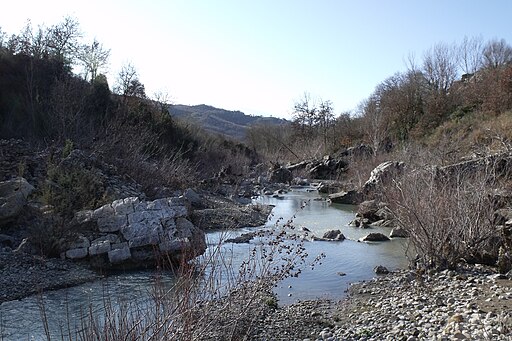 |
||
Confluenza Formone e Orcia. Sullo sfondo Monte Amiata e Campiglia d'Orcia
|
Confluenza Formone e Orcia, vicino alla Riserva naturale Lucciola Bella | Orcia vicino a Bagno Vignoni | ||
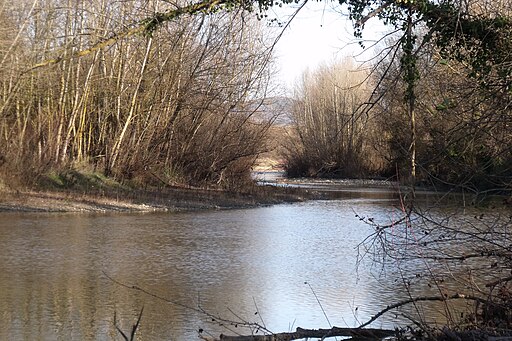 |
 |
|||
Il fiume Orcia nei pressi di Borgo Santa Rita, Cinigiano
|
Il fiume Orcia nei pressi di Sant'Angelo Scalo, Montalcino | |||
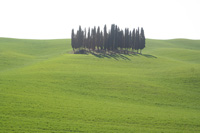 |
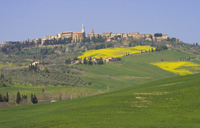 |
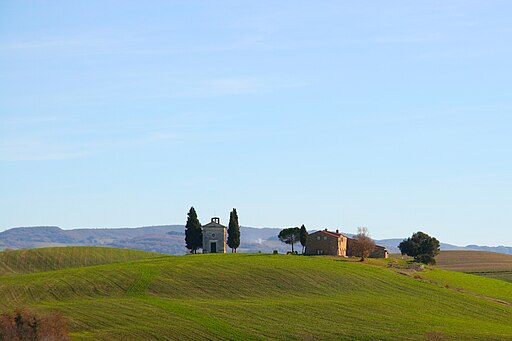 |
||
| Cipressi tra San Quirico d'Orcia e Montalcino | Pienza | San Quirico d'Orcia, Cappella della Madonna di Vitaleta
|
||
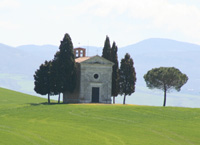 |
 |
|||
Cappella della Madonna di Vitaleta, nei pressi di San Quirico d'Orcia
|
Cipressi e la Cappella della Madonna di Vitaleta, tra Pienza and San Quirico d'Orcia
|
|||
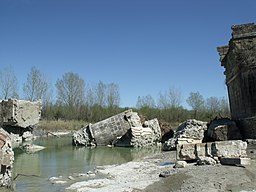 |
||||
| Ruin Ponte di Pian di Maggio | Gallina, chiesa di La Scala
|
|||
 |
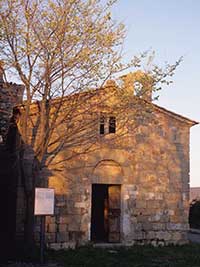 |
|||
| Via Cassia - Masseria e cipressi
|
Le Briccole - chiesa di San Pellegrino | |||
 |
 |
 |
||
Castiglione d'Orcia e Rocca d'Orcia visti dalla Via Cassia
|
Rocca d'Orcia, seen from Bagno Vignoni
|
Vignoni Alto or Castello di Vignoni | ||
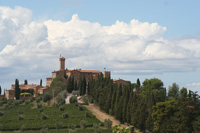 |
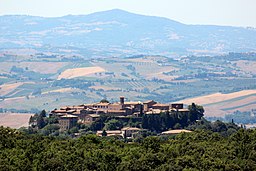 |
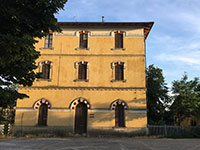 |
||
Banfi, Castello di Poggio alle Mura
|
Sant'Angelo in Colle | Sant'Angelo scalo, stazione | ||
|
|
|
|||
 |
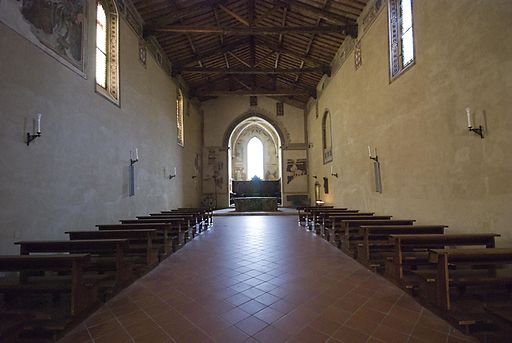 |
|||
| Pienza | Pienza, Interno della chiesa di San Francesco
|
|||
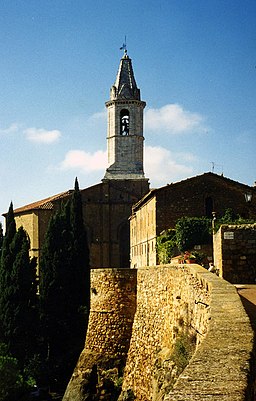 |
 |
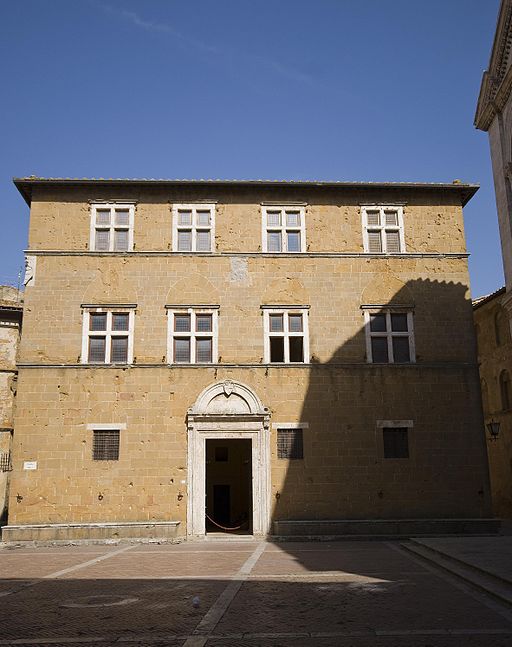 |
||
Pienza, Via di Circonvallazione, Via dell'amore e il Duomo
|
Pienza, Duomo | Pienza, Palazzo Borgia o Palazzo Vescovile
|
||
 |
 |
 |
||
Piazza Pio II: Palazzo Comunale e Palazzo Vescovile, Pienza
|
Palazzo Comunale
|
Palazzo Comunale, campanile | ||
 |
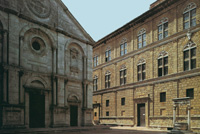 |
 |
||
Pienza, Palazzo Piccolomini, cortile
|
||||
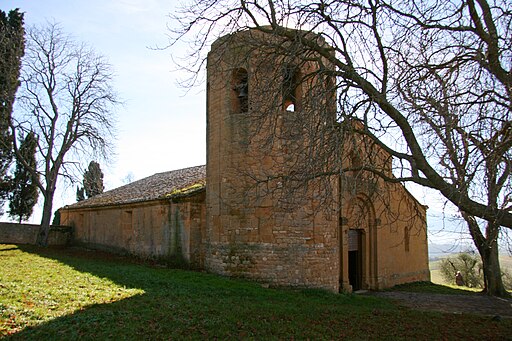 |
 |
 |
||
Pieve dei Santi Vito e Modesto a Corsignano
|
Pieve Corsignano interno
|
Pienza, Palazzo Piccolomini, giardino | ||
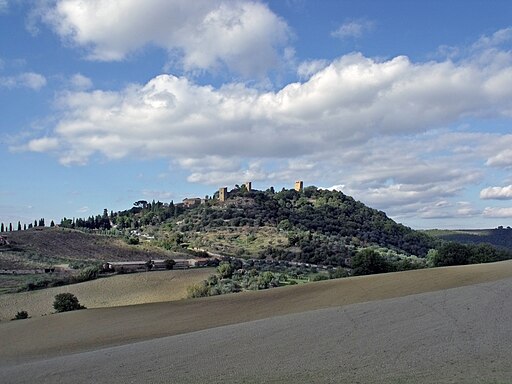 |
 |
|||
Monticchiello, panorama
|
Monticchiello, Porta Sant Agata | |||
 |
 |
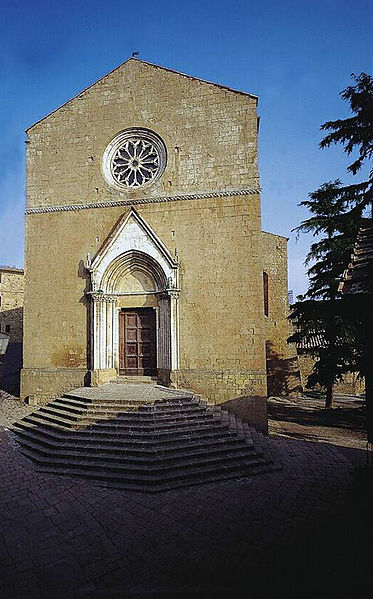 |
||
Mura di Monticchiello, visto da sud-est, Monticchiello (frazione di Pienza)
|
Monticchiello,Torre del Cassero
|
Pieve dei Santi Leonardo e Cristoforo a Monticchiello
|
||
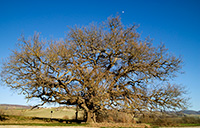 |
 |
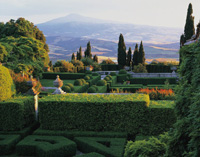 |
||
Il quercione delle Checche
|
Il quercione delle Checche | Villa La Foce | ||
 |
||||
Palazzo Massaini, Pienza
|
||||
|
Montalcino
|
||||
 |
 |
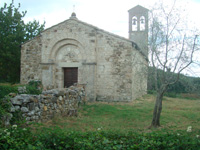 |
||
Brunello di Montalcino vineti e Monte Amiata
|
Brunello di Montalcino vigneti
|
Villa Tolli, chiesa di Santa Lucia | ||
 |
 |
 |
||
Montalcino - Veduta della Val d'Orcia
|
Monastero di Sant'Anna in Camprena
|
Camigliano
|
||
 |
 |
 |
||
| The Orcia River in Monte Amiata Scalo |
|
Treno a vapore da Siena nel stazione di Sant'Angelo-Cinigiano
|
Treno a vapore si rifornisce di acqua alla Stazione di Monte Antico | |
|
L'Abbazia di Sant'Antimo
|
||||
 |
||||
L'Abbazia di Sant'Antimo, l'abside della chiesa originaria
|
||||
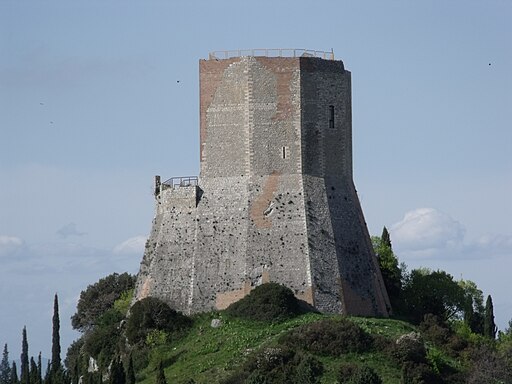 |
 |
 |
||
The Castle Rocca Tintinnano (also called Tentennano or Tintennano) in Rocca d’Orcia, Castiglione d’Orcia
|
Rocca di Tentennano
|
Chiesa San Sebastiano, Rocca d'Orcia | ||
 |
 |
 |
||
|
Pieve dei Santi Stefano e Degna in Castiglione d’Orcia
|
Chiesa San Simone, Rocca d'Orcia | ||
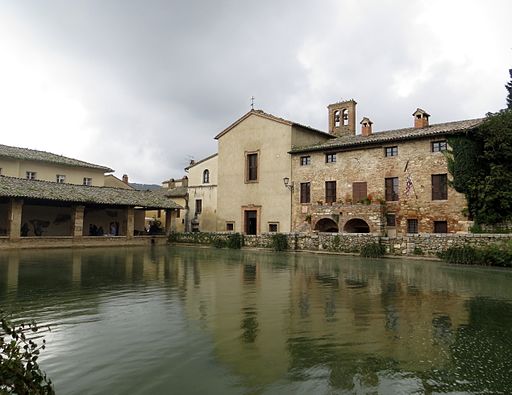 |
 |
 |
||
Bagno Vignoni
|
Vignoni Alto
|
Chiesa di San Biagio a Vignoni Alto
|
||
 |
 |
 |
||
Acquedotto del Vivo (Acquedotto di Siena) in Monte Amiata Scalo
|
Vivo d'Orcia, Pieve di San Marcello | L'Ermicciolo, Vivo d’Orcia
|
||
 |
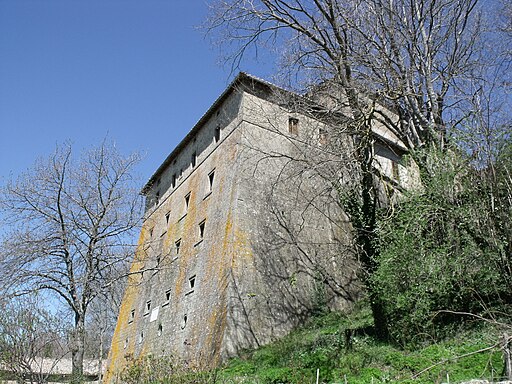 |
|||
| Vivo d'Orcia e il Palazzo Cervini | Palazzo Cervini, Vivo d'Orcia
|
|||
|
|
||||
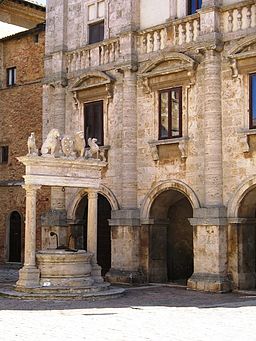 |
 |
 |
||
Il pozzo di Montepulciano, situato nel centro storico (Piazza Grande)
|
Palazzo Nobili-Tarugi, Montepulciano | Palazzo Nobili-Tarugi : palazzo nobiliare di Montepulciano | ||
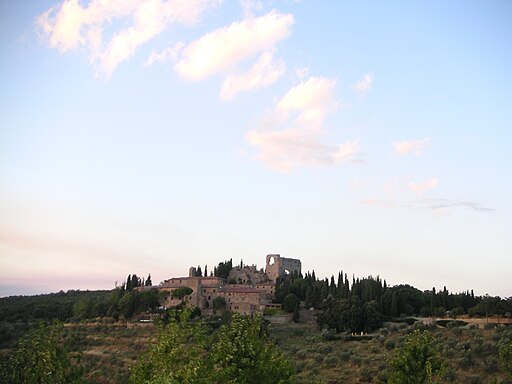 |
 |
|||
| Montelifrè | Veduta al tramonto dalla strada per Montisi del caratteristico borgo di Montelifrè
|
|||
|
|
||||
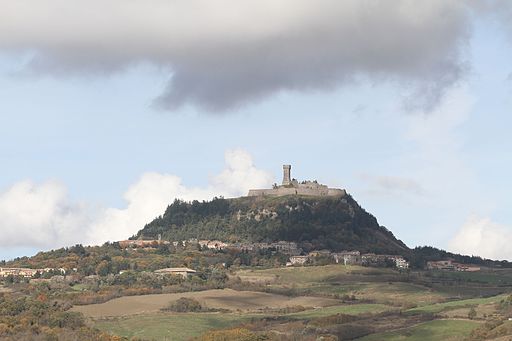 |
 |
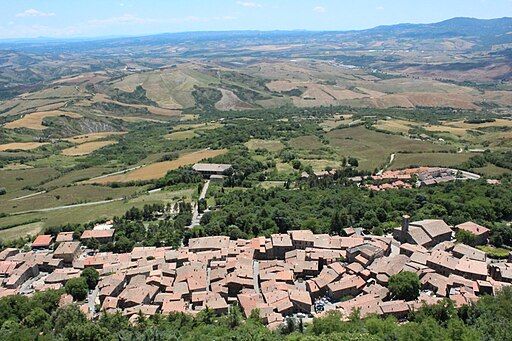 |
||
Radicofani e la Val d'Orcia
|
Radicofani - Veduta dalla rocca | Radicofani - Veduta dalla rocca
|
||
 |
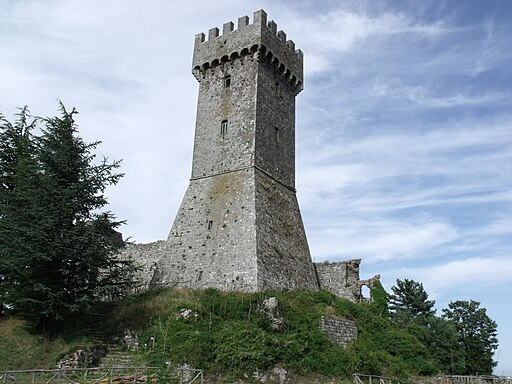 |
 |
||
| Contignano (Radicofani), piazza | Radicofani, mastio della Rocca
|
Radicofani, entrata e mastio della Rocca | ||
|
||||
|
||||
|
||||
|
||||
|
||||
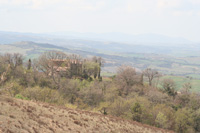 |
||||
Podere Santa Pia
|
Podere Santa Pia | Colline sotto Podere Santa Pia |
||
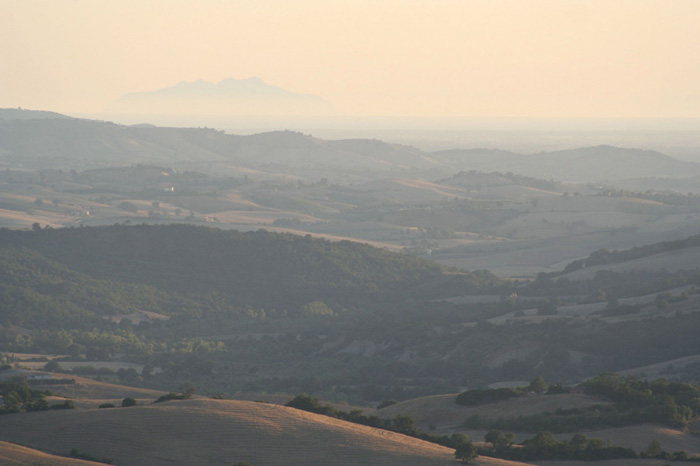 |
||||
Podere Santa Pia, con una vista indimenticabile sulla Maremma Toscana |
||||

